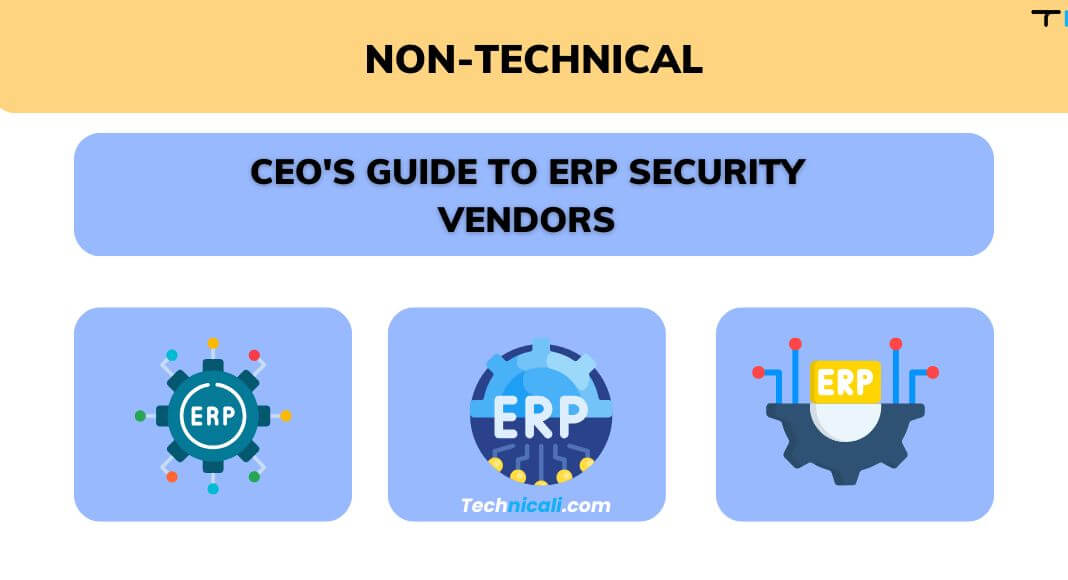In today’s hyper-connected business environment, CEOs without a deep technical background often face the daunting task of securing their organization’s ERP system. Modern enterprise resource planning (ERP) platforms; which integrate crucial operations like finance, inventory management, and customer data; are prime targets for cybercriminals. A single vulnerability can lead to massive financial losses, regulatory penalties, and long-term reputational damage. Yet, for many executives, the technical jargon and ever-evolving threat landscape can feel overwhelming.
This guideline aims to simplify the evaluation process, helping non-technical CEOs understand how to evaluate an ERP vendor who will act as a trusted partner for their company’s most sensitive information. Learning the fundamental criterion for evaluating a vendor, knowing how to choose and select the right ERP, and using a step-by-step selection process ensures that you will make confident and informed decisions aligned with your business goals and risk tolerance.
As you read on, don’t forget: this is not about becoming an IT expert but about understanding the strategic value of good ERP security, asking the right questions, and partnering with knowledgeable professionals. Ultimately, this guidance will empower you to protect your organization’s digital backbone, foster stakeholder trust, and ensure sustainable, secure growth well into the future.
Contents
- 1 What Is ERP Security? (Key Evaluation Criteria for a Secure ERP System)
- 2 Why ERP Security Is Important (Evaluating the Impact on Your Enterprise Resource Planning)
- 3 Step-by-Step Guide to ERP Vendor Selection and Evaluation
- 3.1 Step 1 – Understand Your Business Needs (Checklist for Finding the Right ERP)
- 3.2 Step 2 – Vet Potential Vendors and Validate Credentials (Vendor Evaluation & Criterion)
- 3.3 Step 3 – Demand Clear Communication and Ongoing Vendor Support
- 3.4 Step 4 – Evaluate Scalability and Future-Proofing (Key ERP Selection Criteria)
- 4 Additional Insights – Critical Part of the Evaluation Process
- 5 Conclusion – Guide to ERP Evaluation and Strategic Selection
- 6 10 FAQs on ERP Vendor Evaluation and Security
What Is ERP Security? (Key Evaluation Criteria for a Secure ERP System)
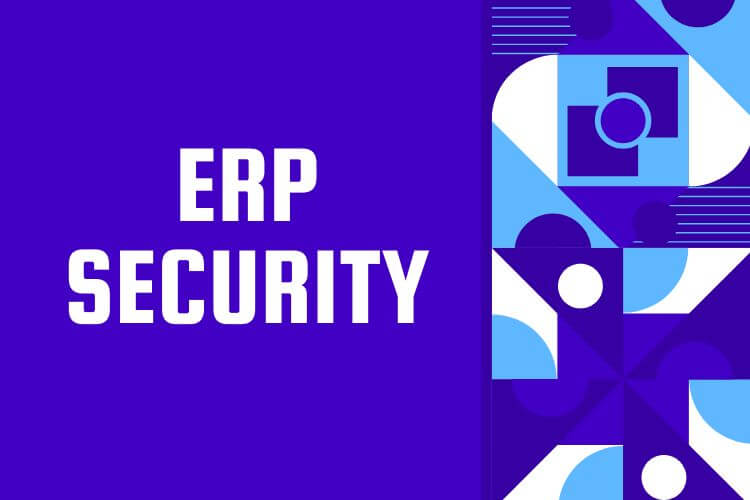
ERP security refers to the safeguards and practice protocols implemented to protect the central software selection that manages a company’s core processes; everything from financial transactions and inventory tracking to supply chain logistics and customer relationships. Since these systems handle sensitive and business-critical information, ensuring they are secure is vital.
Security measures typically include:
- Encryption to protect data in transit and at rest
- Multi-factor authentication to verify user identities
- Access controls to limit who can view or modify records
- Regular vulnerability assessments and penetration tests to identify and address potential weaknesses
In other words, ERP security is all about maintaining a fortified digital environment. Without it, an organization risks losing not only data and revenue but also trust, credibility, and compliance with regulatory standards. By understanding ERP system security, CEOs can better appreciate the importance of investing in an ERP vendor that provides robust, future-proof protection.
Why ERP Security Is Important (Evaluating the Impact on Your Enterprise Resource Planning)

In these days of increasing cyberattacks, ERP security is not an IT matter but a critical component of strategic management and enterprise resource planning. A penetration into your ERP system has consequences beyond mere financial damage. Heavy regulatory penalties are imposed if customer information is compromised, and reputation loss can lead to clients, partners, and investors questioning such enterprises.
Additionally, a secure ERP environment supports your overall business goals. A stable, well-protected system will better support the integrity and accuracy of the data you depend on and place you as a trusted brand in your marketplace, which may drive customer loyalty and increase enterprise deal volume. In other words, ERP security investment is not just about asset protection; it means fortifying the company’s long-term competitiveness, maintaining stakeholder trust, and creating an operational ecosystem resilient to changing market dynamics and regulatory frameworks.
Step-by-Step Guide to ERP Vendor Selection and Evaluation
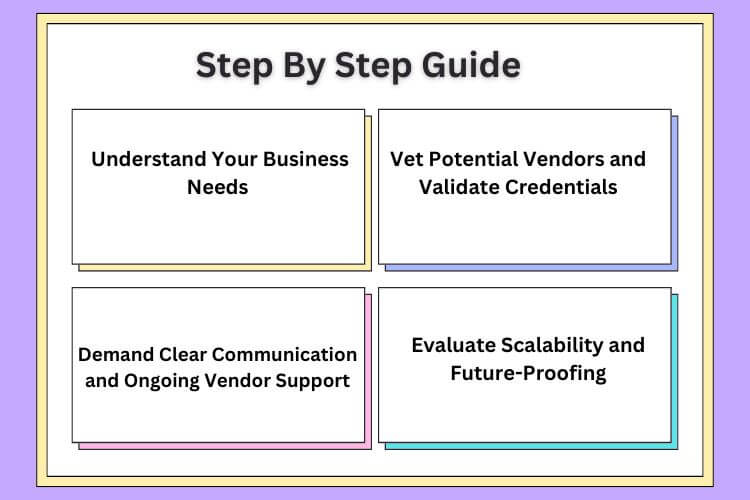
Below is a structured guide to help you evaluate the best ERP vendor for your organization. This evaluation process covers the selection criteria, risk considerations, and practice tips you need to keep in mind.
Step 1 – Understand Your Business Needs (Checklist for Finding the Right ERP)
Before you even begin reaching out to vendors, take the time to clarify what your organization indeed requires. Start by mapping out how data flows through your ERP system and identifying its critical components; financial data, customer records, supply chain metrics, or intellectual property. Identify the most significant vulnerabilities. For example, if you process sensitive payment information, you’ll require stronger encryption and more rigid compliance. If you are a global operation, look into cloud ERP or solutions that know the differences in regional data regulations.
Engage key stakeholders across departments such as finance, operations, and customer success to understand their pain points and what is unique in terms of security priorities. With this holistic view, you ensure that when approaching potential ERP vendors, you come with an obvious checklist of must-haves and standards. Defining your needs upfront simplifies the process of selecting the right ERP, and the probability of finding an ERP security provider who can deliver a tailored, future-proof solution aligned with strategic objectives increases.
Step 2 – Vet Potential Vendors and Validate Credentials (Vendor Evaluation & Criterion)
Having established your security priorities, narrow your list to the most viable ERP vendor candidates. Start with vendors’ websites, case studies, and customer testimonials. Look for success stories in your industry or companies of comparable size and complexity. Industry experience often translates to manageable ERP implementations and significant continuing support.
Next, verify their credentials:
- ISO 27001, SOC 2, or other recognized certifications
- Third-party audit reports confirming compliance with data security laws such as GDPR or CCPA
- References and direct conversations with current clients to gauge real-world performance and responsiveness
By thoroughly vetting vendors based on experience, vendor evaluation criteria, and proven credentials, you lay the groundwork for selecting a partner to bolster your ERP security and preserve your company’s hard-earned trust.
Step 3 – Demand Clear Communication and Ongoing Vendor Support
An actually effective ERP vendor is not just technically proficient; they must also be able to communicate complex ideas in plain English. Ask vendors to explain their approach to encryption, identity management, and threat detection without using heavy jargon. If they can’t articulate their strategies clearly, consider it a warning sign. Your team must fully understand the protection in place, especially if your staff isn’t predominantly technical.
Assess the vendor support ecosystem:
- How quickly can you reach them if there’s a suspected breach or suspicious activity?
- Do they offer training sessions or easy-to-understand documentation for your internal teams?
- Are they proactive in providing regular risk assessments and updates on emerging threats?
Seek out the best ERP providers that offer continuous learning tools, regular security updates, and consistent monthly check-ins. When communication and support are essential, you will likely have a long-term, value-driven partnership that grows with the needs of your business.
Step 4 – Evaluate Scalability and Future-Proofing (Key ERP Selection Criteria)
Security requirements don’t remain static. As your business grows, acquires new clients, or expands into new markets, your ERP security solution must adapt. When choosing an ERP vendor, inquire about their ability to scale and evolve. Can they integrate additional tools, such as advanced threat detection systems, as your operations become more complex? Do they regularly update their security protocols to address emerging attack vectors?
A future-proof vendor will conduct periodic reviews to ensure ongoing alignment with best practice standards and compliance requirements. Ask how often they perform penetration tests or update encryption methods. Confirm that they can seamlessly adapt to changes in your tech stack; like new CRM integrations or cloud ERP storage solutions; without compromising security.
Choosing an ERP vendor with a future-forward planning approach eliminates the risk of unforeseen holes in your defense walls. The advantage is protecting data and a company’s reputation by minimizing business interruptions to keep it nimble and responsive in an increasingly dynamic digital marketplace.
Additional Insights – Critical Part of the Evaluation Process
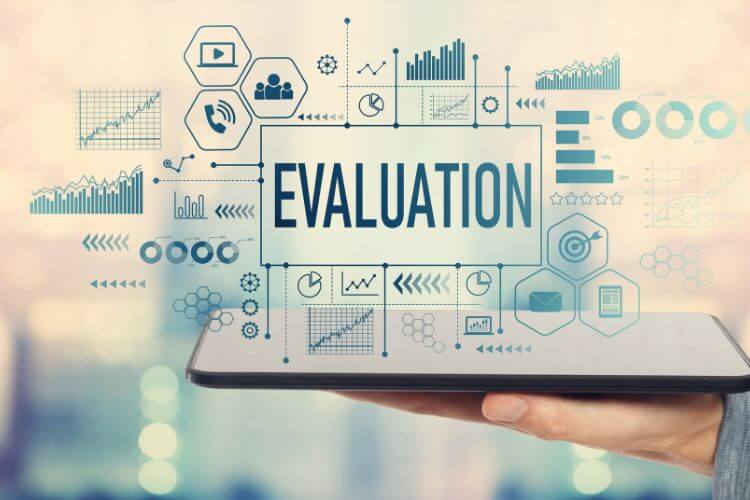
Understanding ERP Software Options (Choosing an ERP System That Fits)
Beyond security, it’s essential to evaluate ERP software’s functionality, user experience, and compatibility with your existing system. Consider whether you need:
- Cloud ERP vs. on-premise solutions
- Specific modules (finance, HR, supply chain) that match your industry
- Scalability options if your organization aims for rapid expansion
By mapping these requirements early, you ensure that you select an ERP solution that integrates seamlessly with your current workflows and can handle evolving business demands.
Creating a Selection Checklist (Step in the ERP Vendor Selection Process)
A detailed checklist helps you carefully evaluate each ERP vendor on consistent metrics:
- Functionality & Features – Does the ERP vendor offer the modules you require?
- Security & Compliance – Are industry standards like ISO 27001, SOC 2, or GDPR compliance in place?
- Vendor Support & Training – Do they provide documentation, user training, and post-launch assistance?
- Cost of an ERP System – Is the pricing structure transparent, and what is the total score for each vendor once costs are evaluated?
- Implementation Timeline – How quickly can they help you go live without compromising protection?
How to Evaluate an ERP System’s True ROI
ERP evaluation also involves looking at the ROI beyond just security. By examining how well the system might improve cross-department collaboration, automate repetitive tasks, and enhance decision-making, you can see the real value it brings. Top ERP vendors highlight success stories and data showing how their solutions reduce wasted time, improve data accuracy, and ultimately contribute to revenue growth.
Conclusion – Guide to ERP Evaluation and Strategic Selection

In this age of lightning-fast digital transformation and more advanced cyber threats, ERP security can no longer take a backseat. For non-technical CEOs, securing the core operational platforms of your enterprise is a strategic imperative that calls for informed decision-making and proper selection of an ERP vendor. All these depend on the critical understanding of the needs of your business, making an evaluation of a vendor concerning industry experience and certifications, demanding clear communication, and making sure that future scalability is there.
Approaching the selection of the method, mapping the flow of data, vetting the credentials, testing communications, and confirming adaptability will ensure a long-term winning partnership. This shields your organization from breaches and compliance missteps and enhances your brand’s credibility and competitive edge. The right ERP security vendor becomes an extension of your team, providing the guidance, training, and technical expertise that will support your growth goals.
Remember, you don’t need to become a cybersecurity expert overnight. Instead, focus on strategic alignment, trust in proven frameworks, and partner with those who interpret complexity into actionable insights. Your ERP system’s security, after all, is an investment in your company’s resilience, reputation, and future prosperity; a critical part of the evaluation that can determine the success of the ERP system for years to come.
10 FAQs on ERP Vendor Evaluation and Security
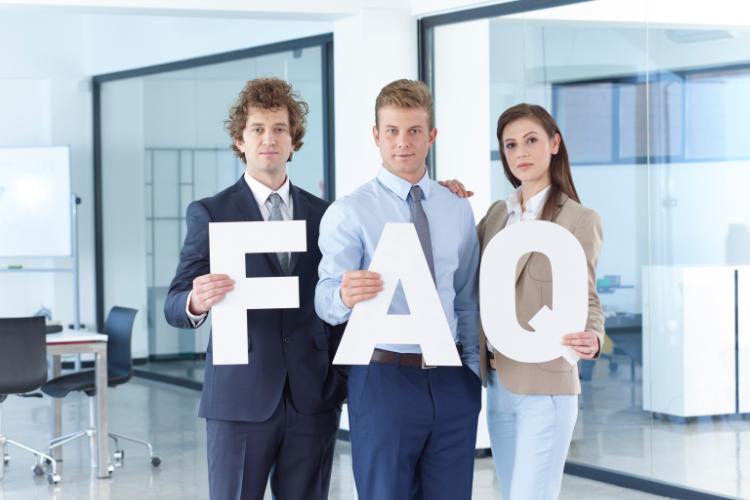
Q1: What is the first step in choosing an ERP system for security purposes?
A: Begin by mapping your data flows and identifying critical vulnerabilities. This helps you create a targeted checklist for evaluating potential ERP vendors.
Q2: How do I know if an ERP vendor’s security credentials are legitimate?
A: Look for recognized certifications (ISO 27001, SOC 2) and request third-party audit reports or references to verify compliance and real-world performance.
Q3: Is cloud ERP more secure than on-premise solutions?
A: Cloud ERP can offer robust security features and automatic updates, but the choice depends on your organization’s compliance requirements, risk tolerance, and in-house expertise.
Q4: What are key ERP selection criteria beyond security?
A: Functionality, user-friendliness, integration options, vendor support, scalability, and cost structure are crucial selection factors when evaluating the best ERP solution.
Q5: How important is ongoing vendor support?
A: Ongoing vendor support is critical for timely patches, educational resources, and quick responses to emerging threats; ensuring your ERP security remains up to date.
Q6: How do I handle multiple ERP vendors during the selection process?
A: Create a structured checklist or matrix to evaluate each ERP vendor based on specific criteria. Compare them on security, pricing, implementation timeline, and vendor references.
Q7: What is the best way to evaluate whether the ERP system might need future upgrades?
A: Ask about the vendor’s roadmap for product development and how often they perform penetration tests or release new features. Future-proofing ensures your solution evolves with your business.
Q8: Can non-technical CEOs lead an effective ERP evaluation process?
A: Absolutely. By understanding core security concepts and key evaluation factors and relying on a cross-functional team, non-technical CEOs can drive successful ERP vendor selection.
Q9: Are periodic audits necessary if my ERP vendor is already certified?
A: Yes. Even if the vendor holds certifications, periodic audits help uncover new vulnerabilities, verify compliance, and ensure your enterprise resource planning environment remains protected.
Q10: How quickly can I expect to see ROI from selecting the right ERP system?
A: ROI timelines vary, but a well-chosen, secure ERP system often shows benefits in efficiency, data accuracy, and risk reduction within the first year, with long-term gains as the system scales.
By addressing these FAQs and following the comprehensive guide to ERP evaluation outlined above, non-technical CEOs can select the right ERP solution and choose a partner that ensures robust security, scalability, and alignment with organizational goals.
